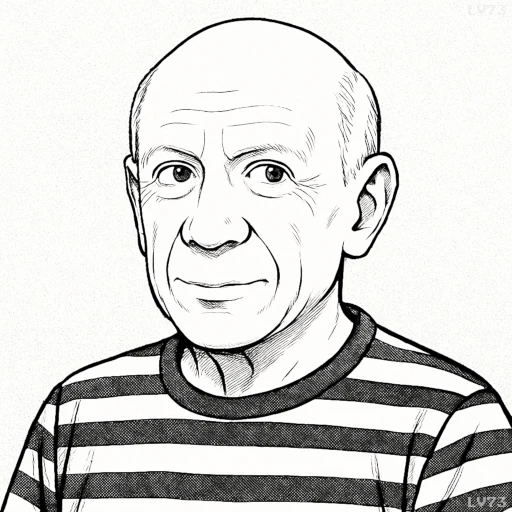“The older you get the stronger the wind gets – and it’s always in your face.”

- October 25, 1881 – April 8, 1973
- Born in Spain
- Painter, sculptor, printmaker
table of contents
Quote
“The older you get the stronger the wind gets – and it’s always in your face.”
Explanation
This quote speaks to the inevitable challenges and obstacles that life presents, particularly as one grows older. It captures the frustrations of aging and the increasing difficulty of facing life’s struggles. The wind here symbolizes the difficulties and adversities that intensify with age, and the idea that it’s always “in your face” suggests that these struggles feel direct and unavoidable. The quote could be seen as a reflection of life’s trials becoming more pronounced as we age, whether they be physical, emotional, or societal.
In Picasso’s time, he was already an older man, having lived through wars, social upheaval, and personal losses. These experiences likely influenced his perspective on aging. By the time he was in his later years, his art and ideas had already been marked by experimentation and radical change, and it’s possible he felt the weight of society’s expectations and the resistance to his evolving styles. In modern times, this quote resonates with those who experience setbacks in their professional or personal lives as they grow older, such as the challenges faced by aging workers or the declining health many experience as they age.
An example of this could be seen in athletes who face the physical decline that comes with age but must adapt to continue competing. For instance, Tom Brady, widely considered one of the greatest quarterbacks in American football, faced challenges and skepticism as he grew older, but despite the “wind” of criticism and the physical toll of the sport, he continued to excel. This quote also echoes the struggles many face in later life, reminding us that age often brings increasing challenges, but it’s how we respond to them that truly defines us.
Would you like to share your impressions or related stories about this quote in the comments section?



